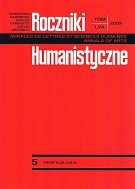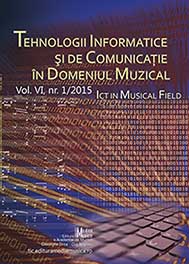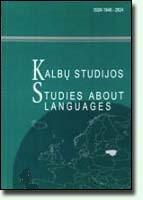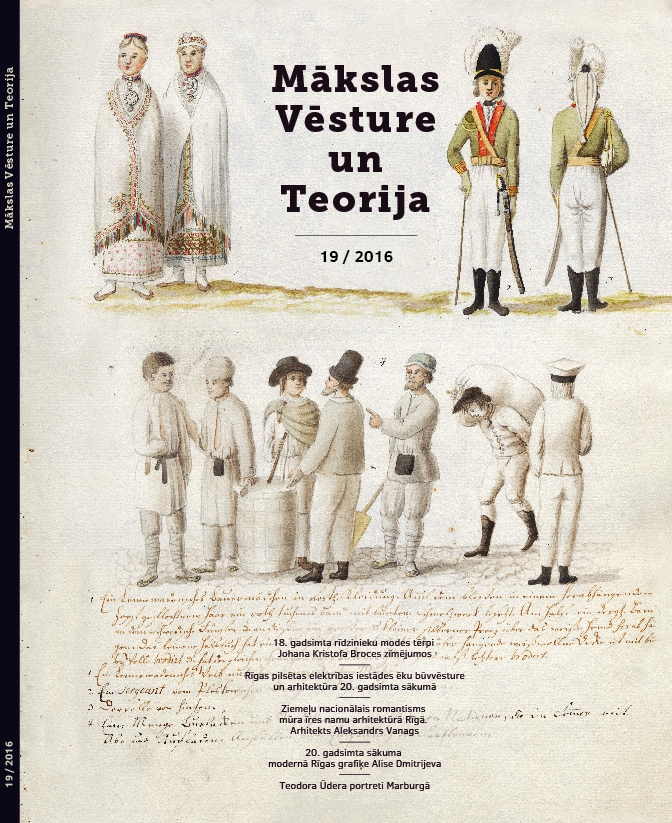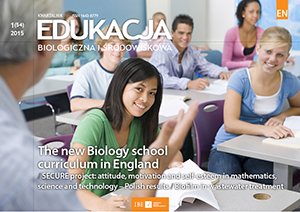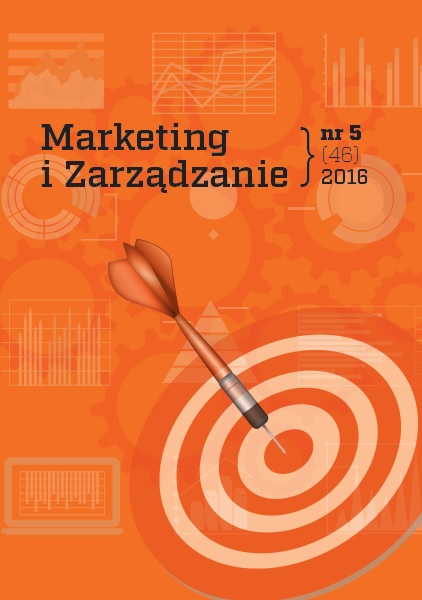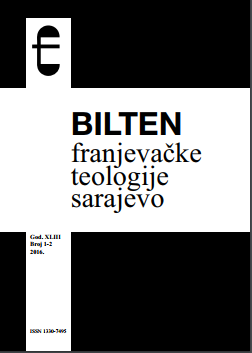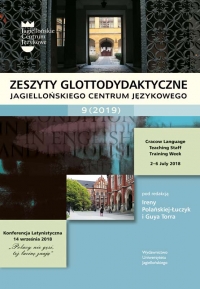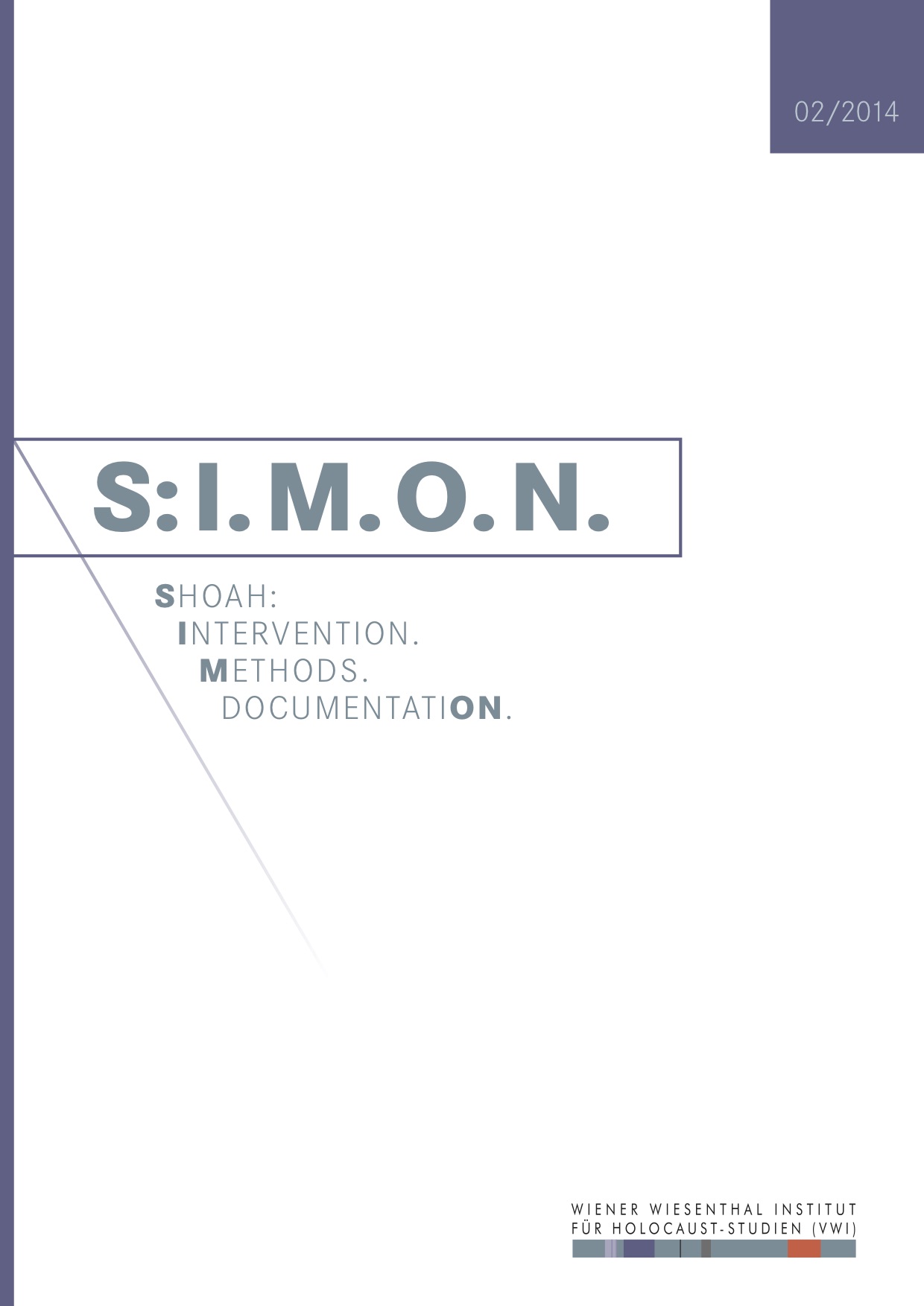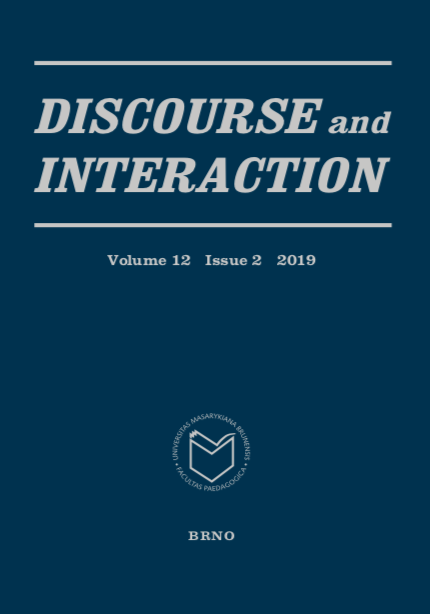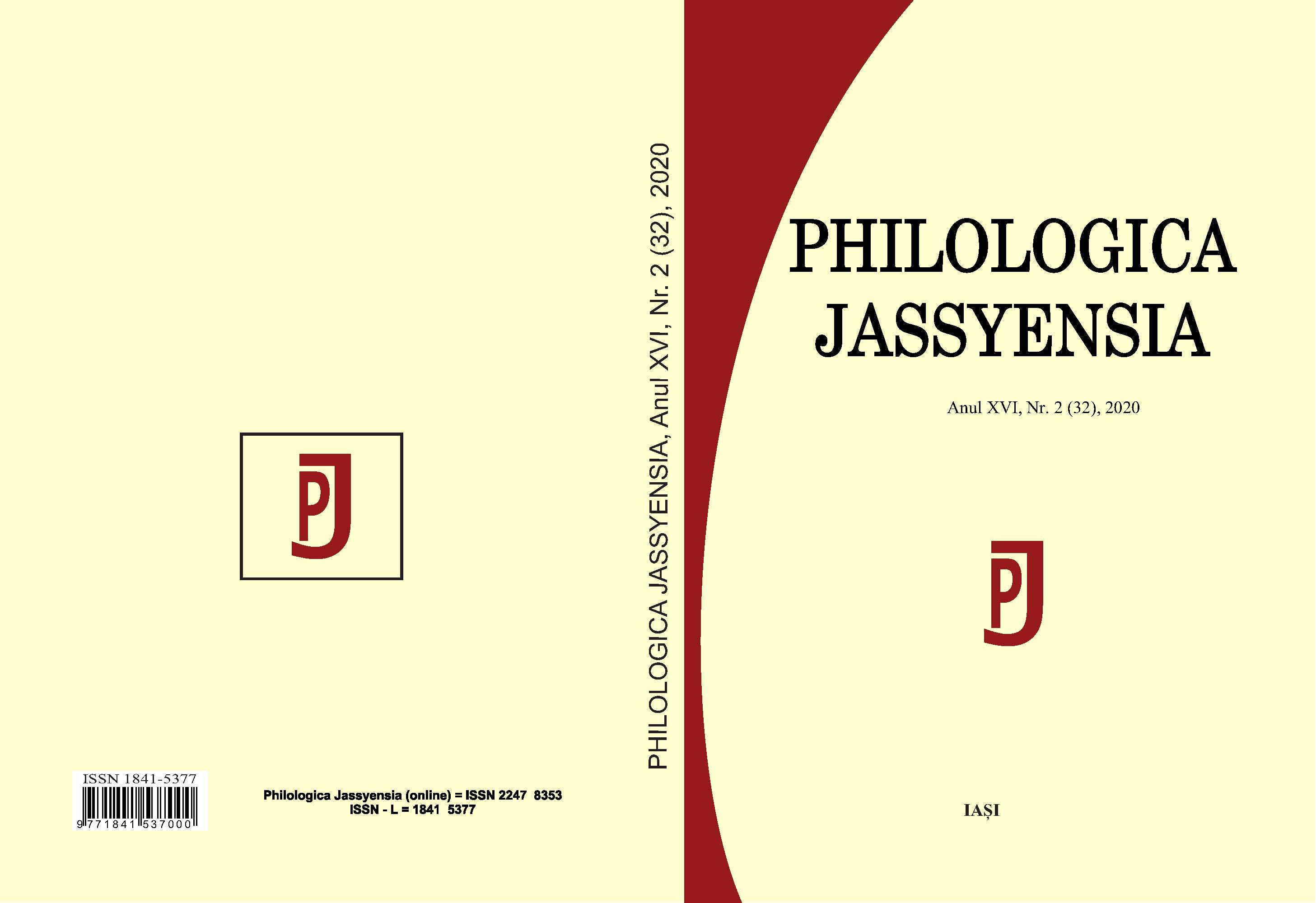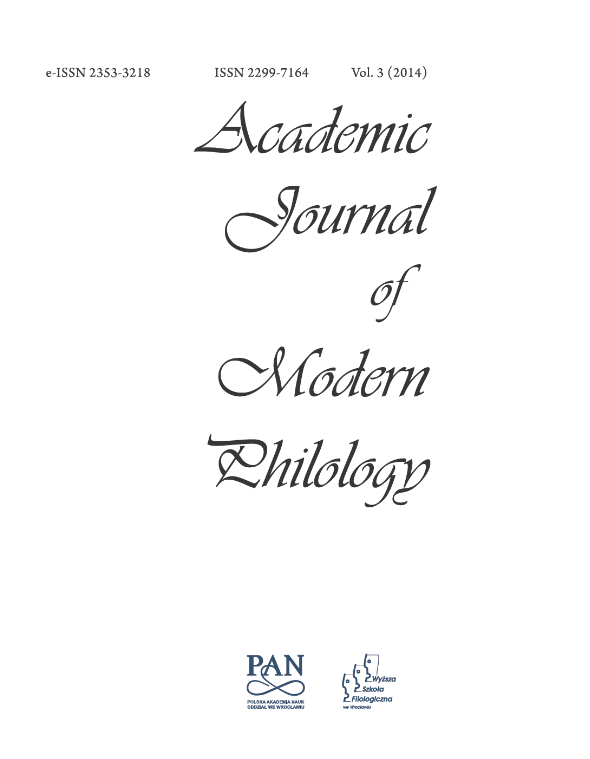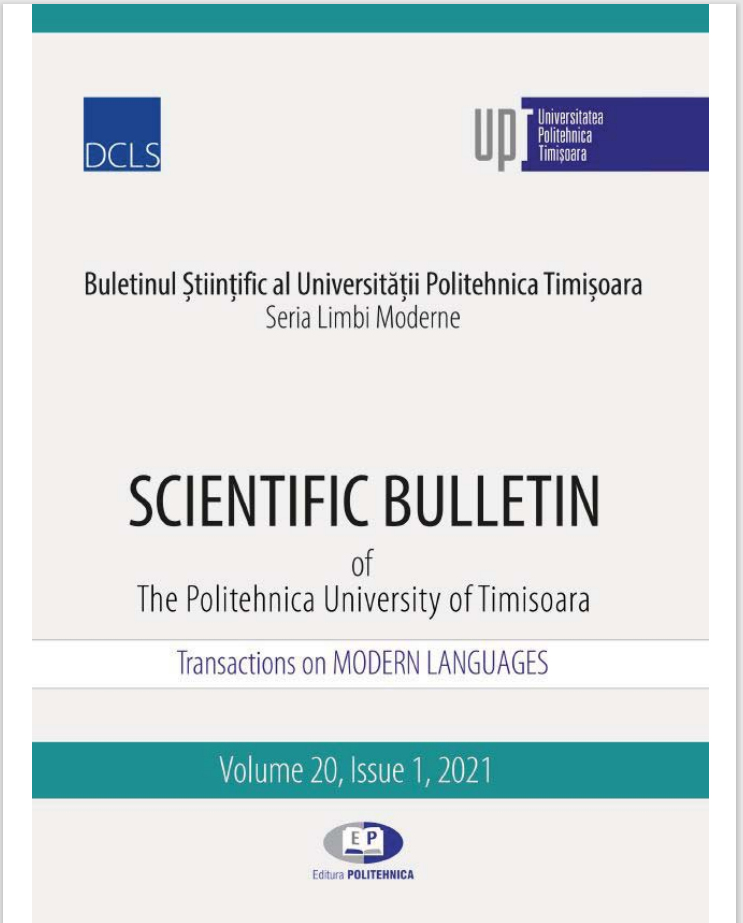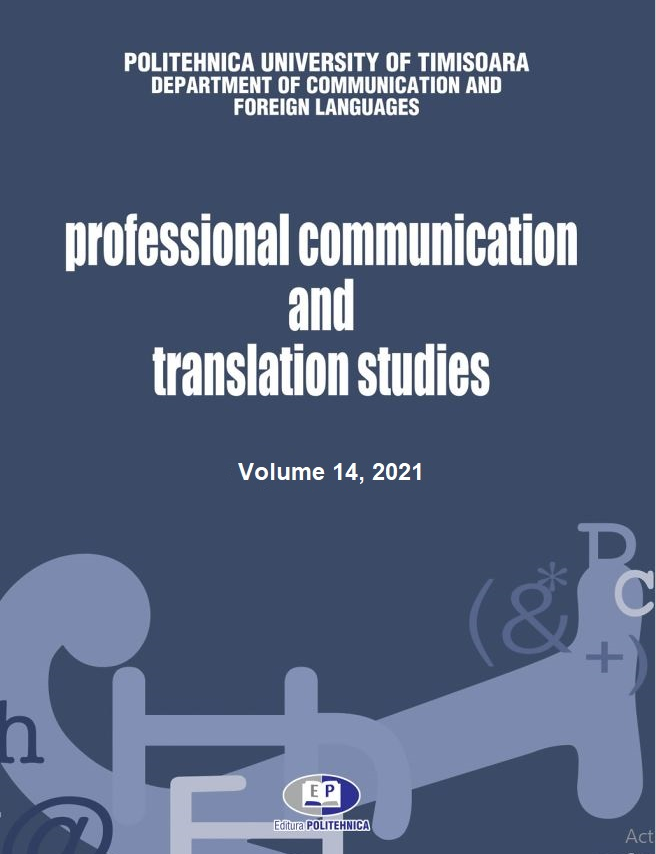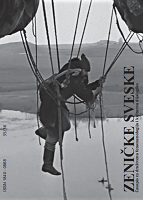Conținuturi implicite în bancurile generate de pandemia Covid-19: repere teoretice (I)
Author(s): Daiana Felecan,Oliviu Felecan / Language(s): Romanian
/ Issue: 2 (32)/2020
Keywords: humor; Covid-19; semantic and pragmatic analysis; jokes;
No other phenomenon has affected the natural course of life of the entire planet since World War II until the outbreak of the Covid-19 pandemic. In addition to implementing the rules generated by the state of emergency or by the state of alert, the citizens are seeking parallel solutions, that function as a refuge, where they can withdraw from fear. Being out of control, this feeling can irreparably paralyse rational thinking. Natively endowed with a very well-developed sense of humour, our compatriots found an opportunity to turn it to account by using their ingenuity. They created a rich inventory of comic texts, which would sweeten the fear of the unfriendly profile of this coronavirus. In this paper we refer to a special type of urban folk literature, generated, as previously stated, by physical isolation at home, but which occurred simultaneously with the exit from latency of a spirit which is thirsty for figment. To be more specific, we analyzed some of the jokes that have circulated on various communication channels (especially electronic ones) and whose invariant theme is the human existence during the epidemic, captured in all its fundamental aspects. A condition for the successful communication of a joke is placing the interlocutors in a familiar context of immediate conceptions, interests and aspirations, which means that both the speaker and the recipient benefit from a common background. On the one hand, we tried to identify the semantic meaning of the texts we took into consideration, and on the other hand, we studied how we are led, “activated” to the pragmatic meaning of the statement through latent, implicit content.
More...

